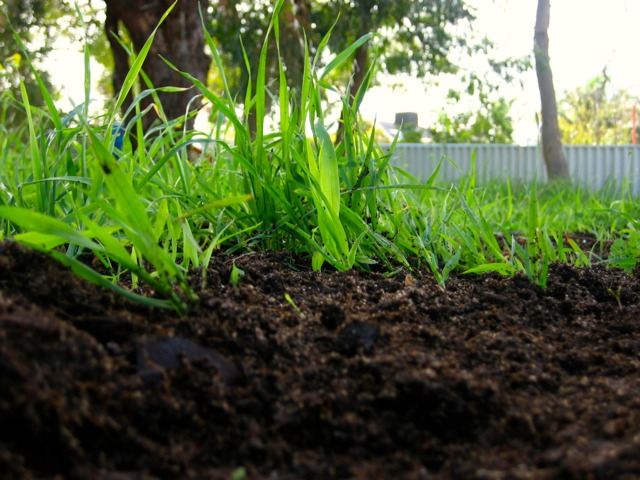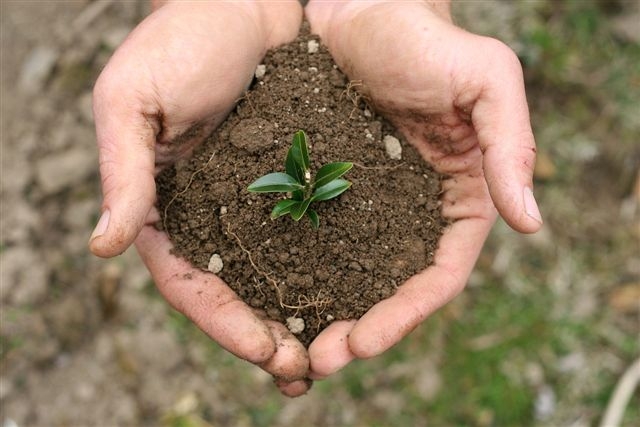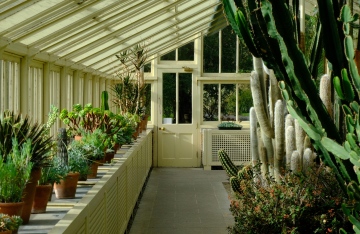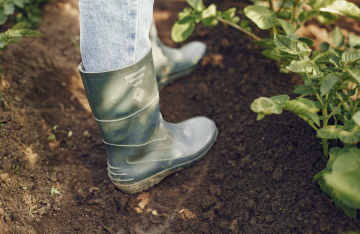There are more than a few great reasons why you should be using more multi purpose compost in your gardening projects, especially if you plan to make the most of this year’s harvest before the onset of winter. If you plan to grow many types of vegetables and fruit, now is the time for you to take advantage of the many benefits and advantages associated with the use of great compost. Knowing the basics of using compost should allow you to save time and money by choosing the best option for your plants from the start rather than needing to replace your compost multiple times.
Soil Structure
Soil structure is a phrase referring to the way inorganic particles such as silt, clay, and sand combine with decayed organic particles such as compost and humus. Soil with the proper quality structure will easily crumble at the touch rather than being stiffly packed or extremely loose, which is ideal for allowing the optimum amount of room for water, air, and the flow of energy. Adding a great multi purpose compost to your garden will help to neutralise pH and improve the CEC or cation exchange capacity of your soil, thereby increasing its ability to hold valuable nutrients needed for plant growth.

Certain fruits, vegetables, and even decorative plants grown in the garden may suffer due to poor soil structure, which can often be a difficult thing to diagnose in order to obtain the right knowledge of your plant’s needs. One way to ensure that you can catch a problem is by simply testing your garden soil beforehand with your hand to look for any inconsistencies in structure, such as being too hard or clay-like. Young roots have trouble finding their way through tough soil and cannot always find the nutrients they need and if the soil is too sandy, it may lack the valuable nutrients otherwise introduced using multi purpose compost in Thirsk.
Nutrient Content
Compost will add any nutrients that may be lacking in your current garden soil due to the existence of broken-down organic material such as other plant matter and animal faeces. The decomposition process will produce the best fertiliser that you can find in any store and a compost heap will hold a community of organisms such as bacteria and fungi, earthworms, and even beetles that will break down organic matter and leave behind valuable nutrients. It is a very good thing to see such animals and microorganisms at work in your garden as they should help your plants to grow to their full size at the proper rate.
Less Water
Whenever you use compost in your garden, you can improve structure and nutrient content to such a level that your crops will yield healthier fruit and vegetables. Fertile soil will also boast significantly improved moisture retention and allow you to use much less water in your garden, which is great for conservation and will make growing your plants easier. Heavy soils are better able to hold water if you introduce organic matter and adding compost to sandy soils will increase moisture dispersion by allowing water to move laterally from its point of application.




